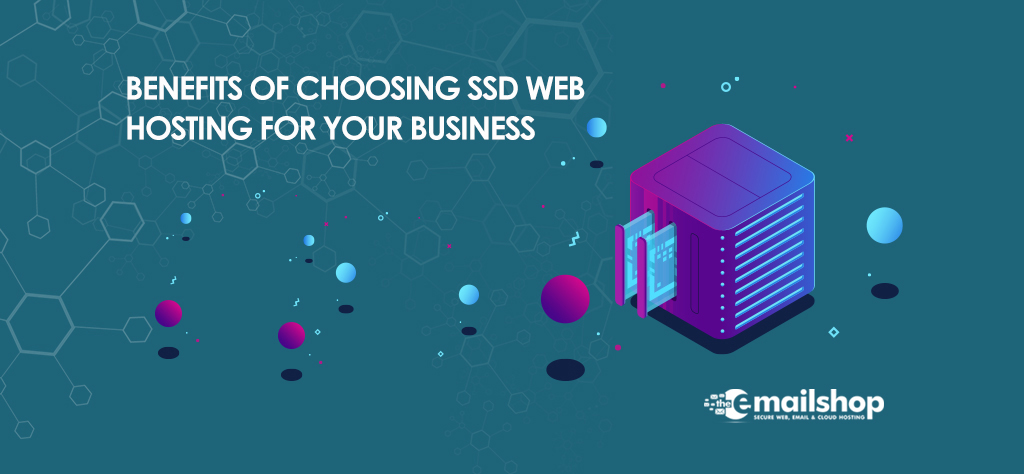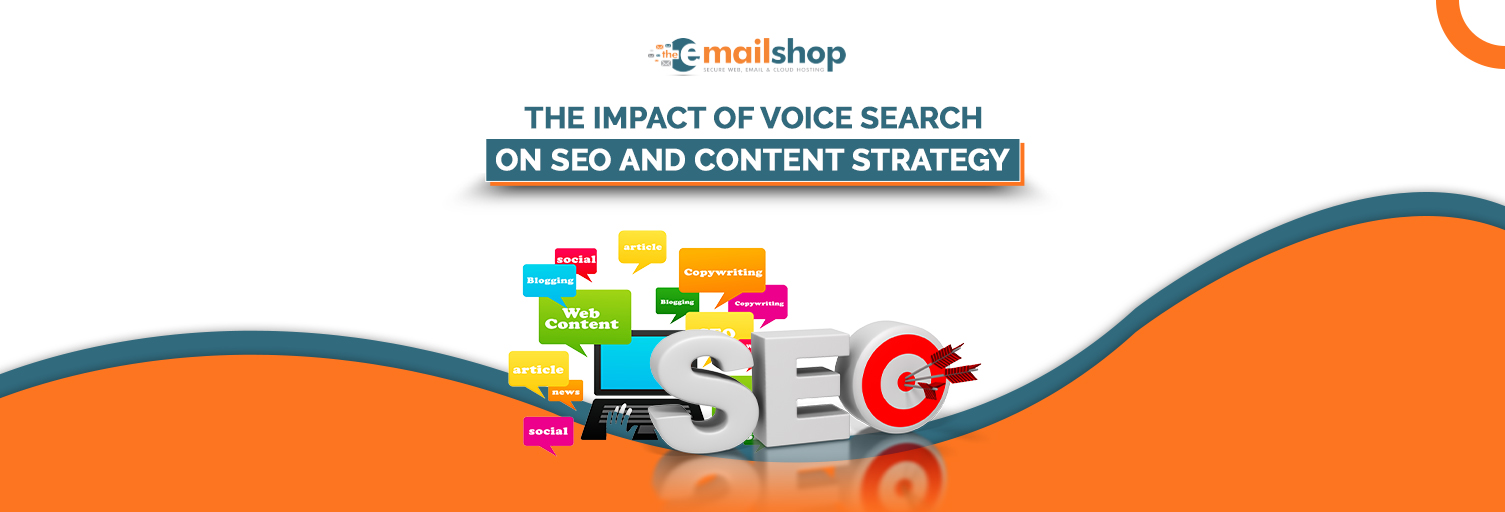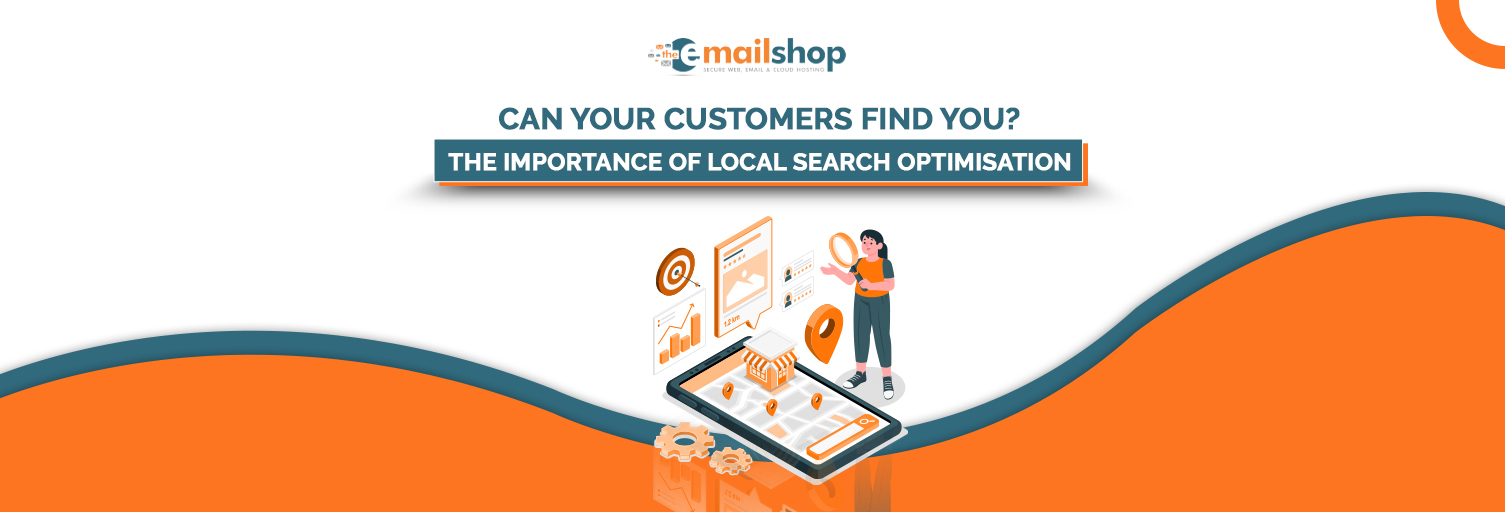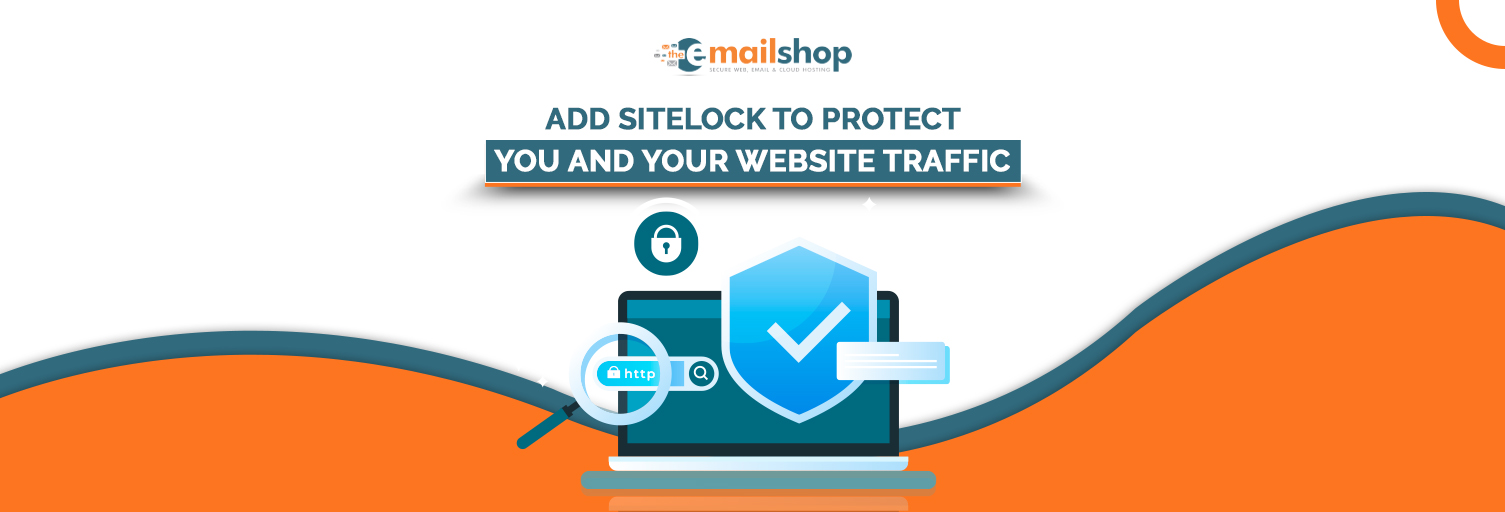SSD web hosting is one of the hottest hosting trends. No one is ready to settle on other types, no matter how high the price is. We will discover the reasons behind this immense popularity.
But to realize the benefits, it is essential to understand the difference between SSD and traditional HDDs. Unfortunately, many people do not know more than abbreviations: Solid State Drive and Hard Disk Drive. Once we understand the difference, we will be ready to know the benefits of SSD web hosting.
When Did SSDs Enter The Market?
Computers have been using hard disk drives for permanent data storage for decades. People could not think of anything else when it came to data storage. But then, things changed in 2009. The market was introduced with solid state drives.
When you have only one option for something, there is no debate. But hot discussions start when option two arrives. Which one is better? The same happened in 2009. People began questioning each other if SSDs were better than HDDs. It became a hot topic. People demanded clarity on the benefits of SSDs.
So What is The Difference?
Hard disk drives have good capacity. However, the durability is not impressive. It is because their mechanisms are a little problematic. They make the drives vulnerable and decrease their lifespan.
Now, how do we define hard disk drives? Well, they are mechanical devices. Inside the hard drive, a disk spins to read the data. The spinning speed is directly proportional to the quality of the reading system. The faster spins lead to a higher quality of the reading system. Yes, that ensures good equality, but its mechanical nature adds the probability of wear and tear. It makes the device vulnerable.
And that is the leading point of Solid State Drives. They do not come with movable objects. Hence, you get rid of two problems with hard disk drives. First, there is no irritating noise. Secondly, you get rid of overheating issues. Today, many of us have SSDs on our laptops, and most of us prefer SSD web hosting over HDD web hosting.
There is a lot of difference in their disk reading speeds. Here is a detailed analysis. While the data reading speed of HDD is 125 Mbps, SSD can easily read data at the speed of 500 Mbps. Such a prominent difference makes everyone prioritize SSD over HDD.
To enjoy more benefits, you should use an NVMe SSD. Using NVMe SSD is the secret behind the blazing fast speed of the MacBook Pro. NVMe SSD reads data four times faster than standard SSD cards.
You Might Also Like to Read: How Does Web Hosting Influence Website SEO Performance
Why is SSD Web Hosting a Suitable Choice for Your Business?
Here are some top benefits of using SSD-based web hosting.
-
Better Hosting Speeds
We know that Solid State Drives work much faster than hard-disk drives. So, a significant advantage of SSD hosting is also quick speed. The servers deliver the data faster, and web pages load quickly. However, keep in mind that there should be no external problems. One example is slow internet speed.
The page speed is a ranking factor of Google. It influences everything. User experience also improves when page speed is good. Conversion rates skyrocket when page speed is good. Speed is everything. The gorgeous design and rich features are useless if the web page takes too much time to load.
-
Greater Security
Mechanical failures are much more common in hard disk drives. The physical spinning makes them more prone to such issues. And the failure of the drive can result in data loss. Data is the most valuable asset of data loss. RAID backup systems is the policy many HDD providers adopt to minimize the risk. RAID stands for Redundant Array of Inexpensive Disks. But, they do not remove the risk completely.
Yes, you can take more preventive measures. But why bother this much when you have an almost riskless option. Why worry so much about your primary drive. Solid state drives show great resistance when it comes to physical damages, for example, bumps or drops, etc. SSD seems a much smarter choice, seeing how important data is.
-
Simultaneous Read & Write
Hard disk drives can just read or write the data at the same time. SSD can do both in parallel. That means SSD-based hosting also executes web requests much faster than HDD-based hosting. That is great for request-heavy sites. Also, when read/write times are faster, you do not have to rely on server resources. Hence, SSD frees up server resources.
-
SSD is Great For Database Intensive Uses
You instantly feel a difference in your website performance when switching from HDD to SSD hosting. But the feeling will intensify when you are running a database-intensive site. All eCommerce sites are database-intensive. Since storage is the primary limiting factor for I/O intensive websites, even a slight storage improvement gives excellent performance enhancements.
-
SSDs Use Less Power And Contributes To Environment
The power that SSDs use is hardly 20% of the power that HDDs use. They need more power to spin the disk. It is a considerable power saving when you are working with a lot of servers. So choose SSD hosting and play your part in making the environment better.
-
Better Durability
The expected life span of HDDs is hardly four to five years. However, SSD have a twelve to fifteen times longer life span.
-
No Fragmentation Better Performance
Since they do not experience disk fragmentation like HDDs, they show better reliability levels. They always know where the data is.
For Discount and Offers, Visit our Official Facebook Page









